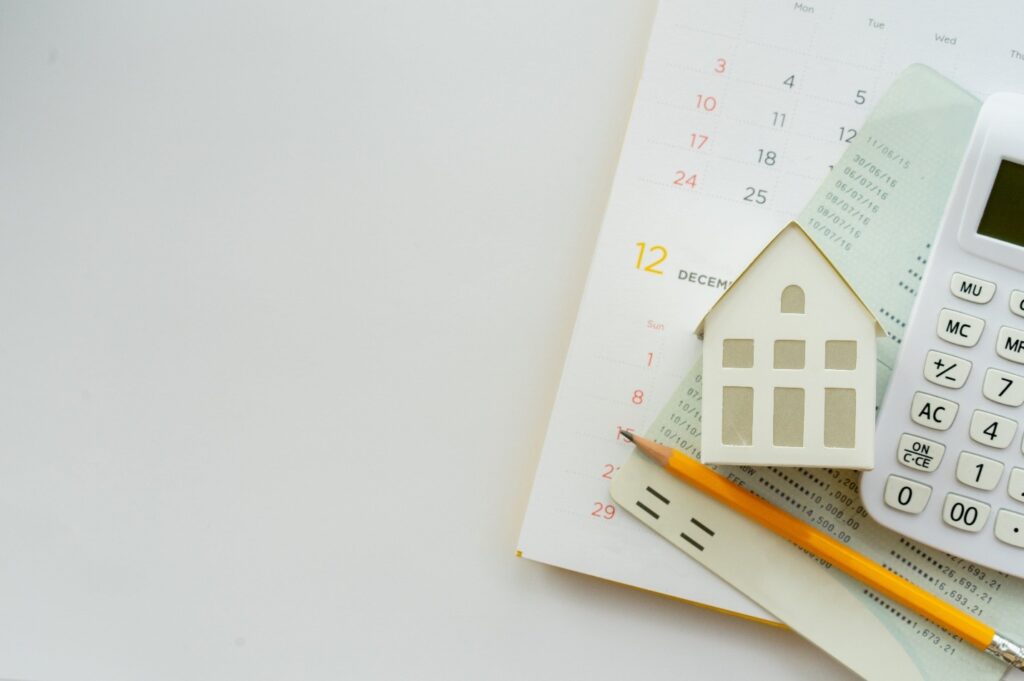
In a world where financial security is more important than ever, the decision between renting and owning a home can have significant long-term implications on personal wealth. While renting provides flexibility and lower upfront costs, homeownership remains one of the most reliable pathways to building wealth across generations. Evolve Bank explores the financial trajectories of renting versus owning by examining key components such as equity accumulation, property appreciation, and the potential for real estate to foster generational wealth.
Renting vs. Owning: The Financial Framework
At the core of the rent-versus-own debate lies a fundamental difference in how money flows and builds—or doesn’t build—value. Renters pay a landlord monthly and receive no return beyond a place to live. In contrast, homeowners pay a mortgage that gradually shifts ownership of a property to themselves, with interest often front-loaded but diminishing over time.
- Renting: A Cost Without Return
Renters essentially pay for the utility of shelter without gaining any equity in the property. While renting may be a smart short-term choice for those who move frequently or live in expensive housing markets, it does not allow for the appreciation of value or asset accumulation. In many cases, rent increases with inflation, and renters have little control over long-term housing costs.
- Owning: An Investment in the Future
Homeownership involves purchasing an asset—one that typically appreciates over time. Mortgage payments not only go toward interest but also toward the principal, meaning each payment builds equity in the home. As time progresses, the homeowner owns a larger portion of their property outright, creating a tangible financial asset.
Equity Accumulation: Turning Payments Into Wealth
Equity refers to the portion of the home that the owner actually owns, free and clear of any debt. With every mortgage payment, homeowners grow their equity.
- Forced Savings
One of the most powerful aspects of homeownership is that it acts as a form of “forced savings.” Most people would struggle to save the equivalent of a mortgage payment each month, but paying into a mortgage builds equity over time whether the homeowner intends to or not. After 15 or 30 years (depending on the loan term), the home is owned free and clear, and the homeowner has a substantial asset—often valued at hundreds of thousands of dollars.
- Leverage Advantage
When purchasing a home, buyers often put down 5% to 20% of the home’s price and borrow the rest. This leverage means that appreciation applies to the full value of the home, not just the initial investment. For example, if a $300,000 home appreciates by 3% annually, that’s $9,000 in increased value—not on the down payment, but on the full price. This makes real estate one of the few accessible leveraged investments for the average person.
Property Appreciation: The Wealth Multiplier
Real estate has historically appreciated in value over the long term, particularly in urban and suburban areas where land is limited. While markets can fluctuate year to year, the general trend in most parts of the U.S. has been upward.
- Historical Trends
According to the Federal Housing Finance Agency (FHFA), U.S. home prices have increased by an average of around 3–5% annually over the last several decades. This compounding effect dramatically increases the value of a home over 10, 20, or 30 years.
- Inflation Hedge
Real estate also acts as a hedge against inflation. As the cost of living rises, so does the value of property. Meanwhile, fixed-rate mortgage payments remain constant, meaning homeowners pay off their loans with “cheaper dollars” as time goes on.
Generational Wealth: Beyond the First Owner
Perhaps one of the most compelling reasons to buy a home is the opportunity to create generational wealth. A house is not just a personal asset; it can also be a legacy.
- Inheritance and Intergenerational Stability
When a home is passed down to children or grandchildren, it provides a significant financial head start. Unlike renters, homeowners can leave behind a fully paid-off asset. Even if the home still has a mortgage, heirs can often refinance, rent out, or sell the property for profit.
- Equity Extraction
Homeowners can also tap into their equity during their lifetime through home equity loans or lines of credit. These funds can be used to finance higher education, invest in a business, or make home improvements that further increase the property’s value. This flexibility contributes to wealth-building beyond the home’s raw appreciation.
Counterpoints and Considerations
While buying a home offers many financial advantages, it’s not without risks and responsibilities. Maintenance, property taxes, insurance, and the risk of market downturns are real considerations. Not everyone is in a financial position to buy a home, and in certain volatile markets, renting may indeed be the more prudent choice.
Additionally, mobility is limited when compared to renting. Selling a home takes time, and the associated costs (realtor fees, closing costs, etc.) can be significant. Still, for those planning to stay in one place for the medium to long term, the advantages of homeownership outweigh the drawbacks.
Homeownership as a Cornerstone of Wealth
When analyzed through the lens of long-term financial planning, buying a home stands out as a strategic move for building wealth. The combination of equity accumulation, property appreciation, and potential for creating generational wealth makes homeownership more than just a lifestyle choice—it’s a powerful investment vehicle.
Renting may suit certain lifestyles and phases of life, but it does not offer the wealth-building potential that comes with owning real estate. For those who can responsibly manage the financial commitment of a mortgage and intend to remain in a location for several years, buying a home is one of the most reliable paths to lasting financial security.
In short, while the decision to buy or rent depends on individual circumstances, owning a home offers an unparalleled opportunity to transform monthly housing expenses into long-term wealth.